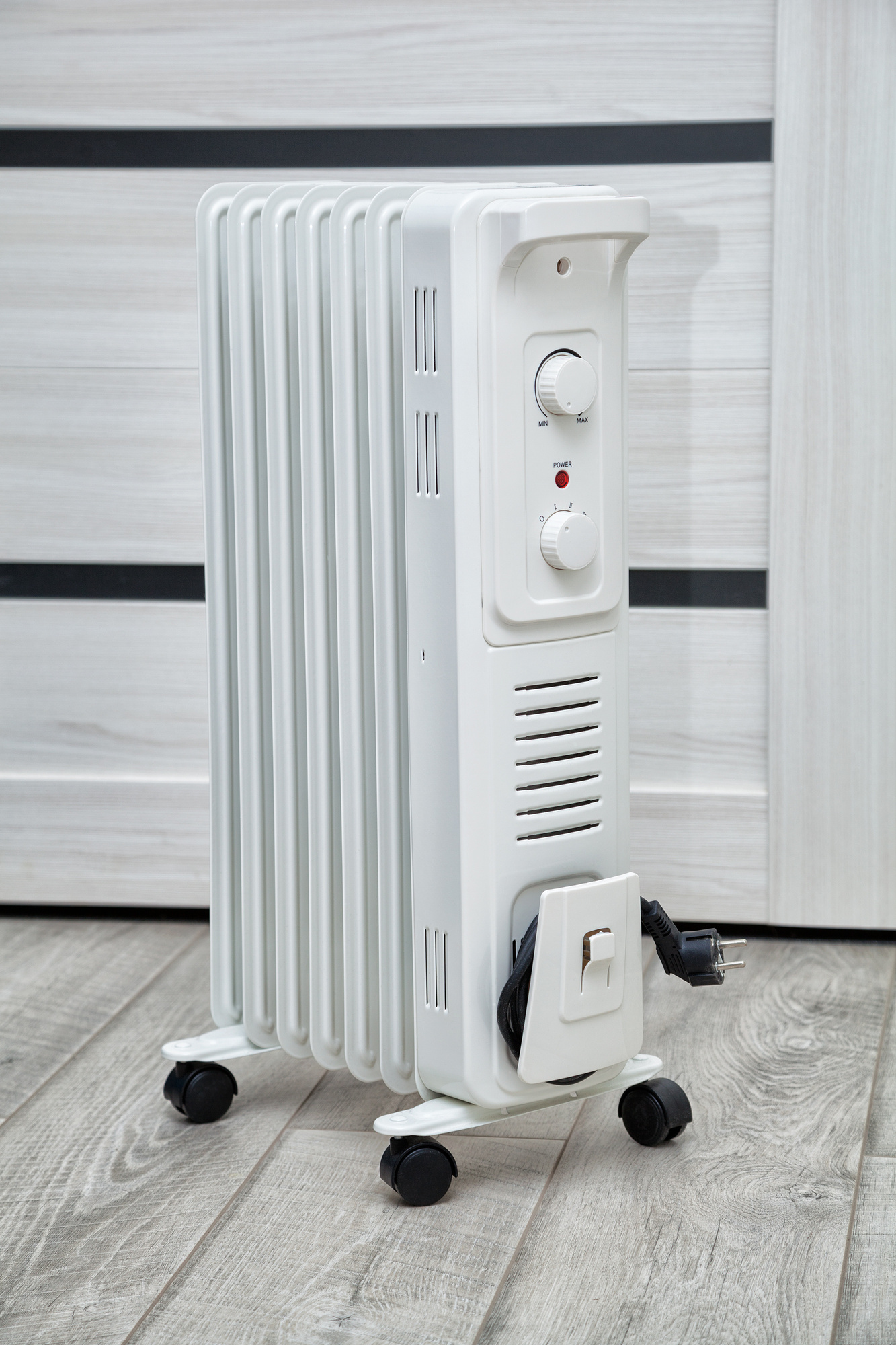
Winter is coming, and your home will get chilly without a heater. But not all heaters are the same, and there are a few choices before deciding on the right one.
You’ve probably heard of oil and electric heaters, but you may not know much about them. How do oil heaters and electric heaters differ, and which is better?
This article will explore the differences between an oil heater vs electric heater. Keep reading to get the inside scoop.
What Is an Oil Heater?
Oil heaters are powered by electricity but use oil to generate heat. Coils or burner elements heat the oil, and the heat is transferred to the surrounding air.
What Is an Electric Heater?
An electric heater is a device that converts electricity into heat. The most common type of electric heater is the resistive heater, which uses resistance to convert electrical energy into heat. Other types of electric heaters include induction heaters and radiation heaters.
Oil Heater vs Electric Heater: What Are the differences?
When deciding between an oil heater and an electric heater, there are a few things to consider.
Maintenance
Electric heaters do not require oil changes or tune-ups, while oil heaters do. Electric heaters have fewer moving parts than oil heaters and thus require less maintenance overall. Electric heaters are also more durable and have a longer lifespan than oil heaters.
Oil heaters require you to change the oil and filter regularly, which can be messy. Electric heaters need no oil, but they must be cleaned periodically to prevent a dust buildup.
Safety
Electric heaters can be more dangerous than oil heaters because they can cause fires if they are not used properly. Oil heaters are less likely to cause fires than electric heaters because they do not generate heat as quickly as electric heaters.
Efficiency
Many households use electric heaters. But with the cost of electricity, many people are turning to oil heaters. Both have their pros and cons, but which one is more efficient?
Electric heaters are 100% efficient, while oil-filled heaters are only about 90% efficient. However, oil-filled heaters cost less to operate because the price of oil is less than that of electricity.
An oil heater will also last longer than an electric heater. Electric heaters have coils that can overheat and break, whereas oil heaters have a metal tank that will not overheat.
Environmental Friendliness
Oil heaters tend to be much more environmentally friendly than electric heaters. This is because oil is a natural resource that can be quickly replenished, whereas electricity is generated by dirty power plants that release harmful emissions into the atmosphere.
Additionally, oil heaters use less energy and produce less waste.
How to Choose the Right Heater for Your Home
Before choosing the right one for your home, you should know the differences between oil and electric heaters. Be sure to note any special needs or preferences you may have.
Installation
Oil heaters and electric heaters differ in how they are installed. Electric heaters are typically plug-and-play and can be plugged into any standard outlet. On the other hand, oil heaters need to be connected to a fuel source, such as a natural gas line.
Moreover, oil heaters require a tank and some venting, so they can be more complicated to install. Electric heaters are typically much easier to install since they don’t need any extra equipment.
Size of Your Home
You should consider the size of your home. Oil heaters typically require a more significant initial investment but may offer lower energy costs in the long run.
Oil heaters tend to be larger and heavier than electric heaters; electric heaters may be a better option for smaller homes or apartments.
Budget
Electric heaters are typically more expensive to purchase than oil heaters. Oil heaters can be cheaper than electric heaters but may not be as cost-effective in the long run.
Electric heaters are often more expensive to buy, but they are often more energy efficient. They are cheaper to operate because you don’t have to buy fuel for them. Electric heaters also tend to be more efficient, so you’ll save money on your energy bills.
On the other hand, oil heaters are less expensive to purchase but more costly to operate. You’ll need to buy fuel for them, and they’re not as efficient as electric heaters. However, an oil heater might be the better option if you live in an area with high electric rates.
Climate
An oil heater may be the best choice in climates where temperatures are cool but not cold.
In a cold climate, an electric heater is probably the best choice. It is more expensive to operate, but it will keep you warmer.
Storage
Oil heaters are usually more extensive and more challenging to store, but they are more powerful and can heat a room more quickly. Electric heaters are typically smaller and easier to keep, but they take longer to heat a room.
With some preparation and the tips, we have laid out above, finding the best heater should be a breeze. When in doubt, get a professional to do it for you.
For all your home heating needs (gas heaters, oil heaters, etc.), please visit Qbic Heating.
Make the Final Choice
When deciding which type of heater is right for your home, it is essential to understand the difference between an oil heater vs electric heater.
Both heaters have pros and cons, so it is essential to evaluate your needs and make the right decision.
Looking for more heating tips and advice? Check back with our blog often for ideas and recommendations.
Leave a Reply